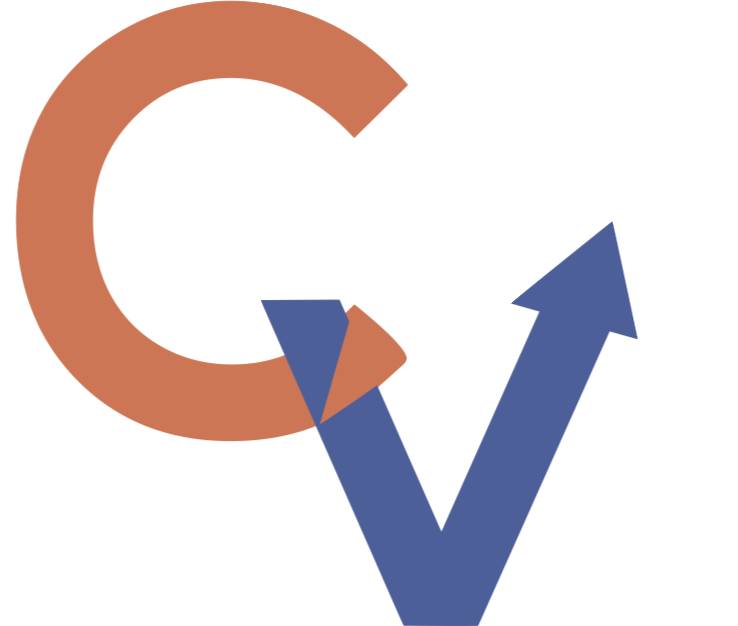3 Executive Interview Mistakes to Avoid
I hear often from clients that they have no problem interviewing well. Many people are great at interviewing, but I’ll be honest, many are not.
When people feel confident about interviewing, it’s because they feel they can create rapport easily or articulate their experience well. These are great skills to have and are certainly necessary. But even if you’re doing these things, you may be making the following mistakes, whether you’re a mid-level professional or executive. Here’s what they are and how to avoid them.
You don’t have a focus in mind for the first interview. Don’t bolt out of the gate in your first interview. You don’t need to have all your questions answered. Ask only questions that demonstrate a strong interest in the role and company. You can ask about the future of the company, role expectations, company culture, and leadership.
Show enthusiasm for the role, company, and industry. If you come across as uncertain whether any of those are a good fit for you, the interviewer/s will be able to tell. This happened to me when I was interviewing in my 20s at an insurance company. I lost the offer to the other top candidate for one simple reason – they felt the other candidate was committed to working in insurance as a career. If I had showed more excitement and dedication to working in that field, I may have gotten the offer.
You talk about your background and don’t align it with the company’s needs. Too many people ramble on about themselves when answering questions without linking their answers to the company’s needs. As you prepare for an interview, try to shape your answers using the You – Me – Us framework. That is, make sure your answer not only provides an example of what you’ve done in your past work, but also refers to how that experience could be an asset in the role for which you’re interviewing. In other words, you’re stating how your past experience - “Me” - benefits this company – “You” - when you work together “Us.” Practice so that you can state concisely and clearly the value you bring to them.
You answer questions with examples that support only 1 or 2 of your strengths. When I help clients prepare for interviews, they often provide examples when answering my questions that support the same 1-2 strengths over and over again. An interview is an opportunity for you to showcase multiple unique strengths.
For example, if you’re really good at developing a vision and strategy, the example you give in answer to one of the interview questions should support that. You are also great at financial management. Excellent – use another example to answer another question that supports that. Do you have other key strengths that would be important to this role and company?
★ Receive our complimentary Resume Handbook and sign up for our weekly newsletter with top career tips ★
